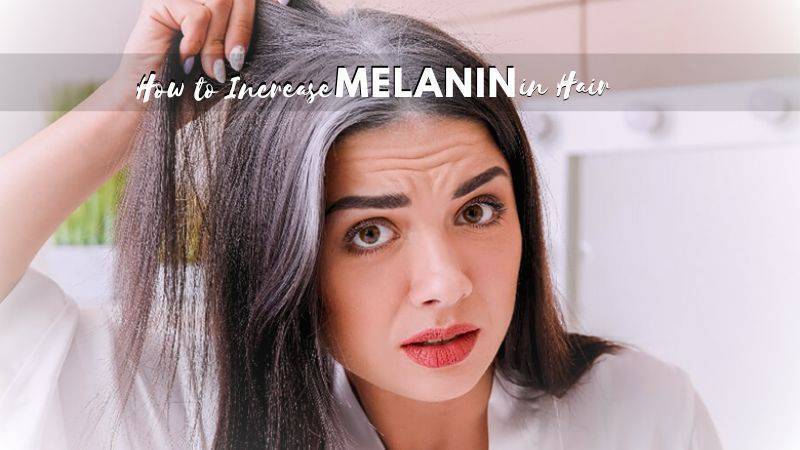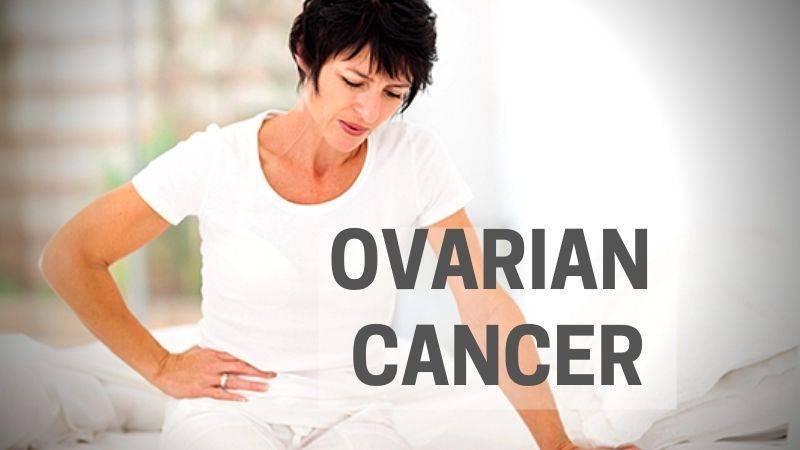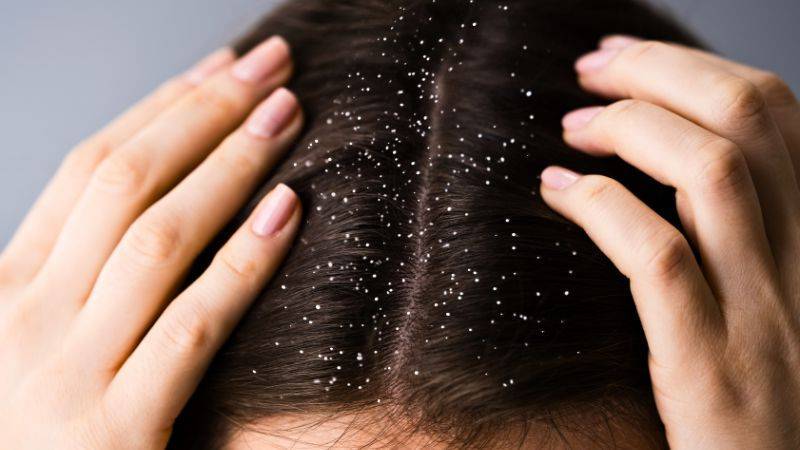Overview
Melanin, a pigment that gives color to our hair, skin, and eyes, is produced by cells called melanocytes, which are located at the base of hair follicles.
As we age, the number of melanocytes decreases, resulting in a decrease in melanin production and the appearance of gray hair.
Here are some tips that can help increase melanin production.
Melanin’s Function in Hair Color

Melanin determines the color of our hair. The type and amount of melanin in our hair are genetic traits that vary from individual to individual.
Two types of melanin are commonly present in human hair:
- Eumelanins: These give hair darker colors.
- Pheomelanins: These give hair lighter colors.
The relative amounts of these two types of melanin in the hair determine its color. Here’s a summary of the various hair colors and the types of melanin that contribute to them:
Hair Color | Types of Melanin
- Black: Large amounts of eumelanin
- Brown: Moderate amounts of eumelanin
- Blond: Very little eumelanin
- Strawberry blond: A mixture of brown eumelanin and pheomelanin
- Red: Mostly pheomelanin with small amounts of eumelanin
Melanin affects Hair Vitality

Melanin not only determines the color of our hair, but it also plays a crucial role in maintaining the vitality of our hair. As melanin production decreases, the quality and health of our hair may be affected.
Melanin serves a protective function for our hair. When our hair has larger quantities of eumelanin, it is better protected against the harmful effects of excessive sun exposure, which can lead to dryness and brittleness.
Gray hair, which have significantly less melanin, are more susceptible to these negative effects of the sun and often have a dry and brittle texture.
So, melanin is not only responsible for hair color but also for hair health.
Precautions to Maintain Melanin Levels in Hair
Protect Your Hair from Sun Damage
Exposure to the sun’s UV rays can cause damage to our hair and reduce the amount of melanin.

According to a study published in the International Journal of Trichology, UV radiation can cause oxidative damage to the melanin-producing cells in hair follicles, leading to a decrease in melanin production.
Tip: To protect your hair from sun damage, wear a hat or use a hair product with UV protection when you’re out in the sun.
Eat a Healthy Diet

Eating a balanced diet that includes foods rich in
- Vitamins & Minerals– Citrus Fruits, Nuts & Seeds, Fish, Green veggies
- Antioxidants– Dark Chocolates, Leafy Greens
- Containing Copper– Almonds, peanuts, White Mushrooms, Lentils
can help to promote healthy hair growth and increase melanin production.
According to a study published in the Journal of Investigative Dermatology, vitamins like vitamin D and E are important for melanin synthesis.
Tip: Incorporating foods like leafy greens, nuts, and fish is great for promoting healthy hair.
Use Hair Products with Natural Ingredients
Some natural ingredients like amla, curry leaves, and henna can help to increase melanin production in the hair.
According to a study published in the International Journal of Trichology, amla (Indian gooseberry) has been shown to increase melanin production and improve hair growth.
Tip: Look for hair products that contain these ingredients.
Vitamins B6 and B12 in Melanin Production

Research has shown that vitamins B6 and B12 can boost melanin production in the body.
- Vitamin B6 (pyridoxine) has been found to trigger the production of enzymes and chemical reactions that promote the metabolism of hair proteins such as keratin and melanin in the hair follicles which supports healthy hair growth and renewal.
- Vitamin B12 (cobalamin) promotes hair growth by increasing the production of red blood cells that help carry nutrients to the hair follicles.
- Vitamin B12 also helps to saturate hair with keratin, a form of protein found in the hair shaft, promoting healthy hair growth.
It is essential to note that a deficiency in vitamin B12 has been linked to premature gray hair. In a study, 55 percent of participants with pernicious anemia experienced gray hair before age 50 compared to 30 percent without gray hair in the control group.
Including vitamin B12 in your diet or supplement routine may help combat stress-induced gray hair.
Foods rich in vitamin B12 include
- Meat
- Poultry
- Fish
- Eggs
- Dairy products
Tip: As with any supplement, it is best to consult a healthcare professional before adding vitamins B6 and B12 to your routine to ensure safety and effectiveness.
Effectiveness of Melanin Supplements for Gray Hair Prevention

Currently, there is insufficient scientific evidence to support the effectiveness of melanin supplements in preventing or reversing gray hair.
In addition, the Food and Drug Administration (FDA) has not approved these supplements for such purposes.
If you are considering using a melanin supplement, it is important to do your research and read customer reviews before making a decision. While some users may report positive results, it is important to approach these claims with caution and consider the potential risks and benefits.
Most important: Consult with a healthcare professional before taking any supplements to ensure safety and effectiveness.
Topical Treatments to Increase Melanin in Hair
Opt for Products Containing L-L-A-P to Boost Melanin
Rather than purchasing melanin-rich items, it is better to choose products containing
- Lutein: Found in green leafy vegetables and eggs, protects against oxidative stress, which can contribute to premature aging and gray hair.
- Lycopene: found in tomatoes, watermelon, and pink grapefruit, is a potent antioxidant that protects cells from damage caused by free radicals and promotes melanin production in the body.
- Astaxanthin: a red pigment found in seafood such as salmon, shrimp, and lobster has powerful antioxidant properties and can help protect against UV damage, which can contribute to premature aging and gray hair.
- Probiotics: beneficial bacteria found in fermented foods such as yogurt, kefir, and kimchi, can improve gut health and nutrient absorption, which may indirectly promote melanin production in the body.

These ingredients have scientifically proven benefits, including promoting melanin production.
Including these ingredients in your diet or skincare routine may help promote healthy hair and skin by supporting melanin production.
Don’t forget to consult with your doctor before adding any new supplements to your routine.
Also Read






